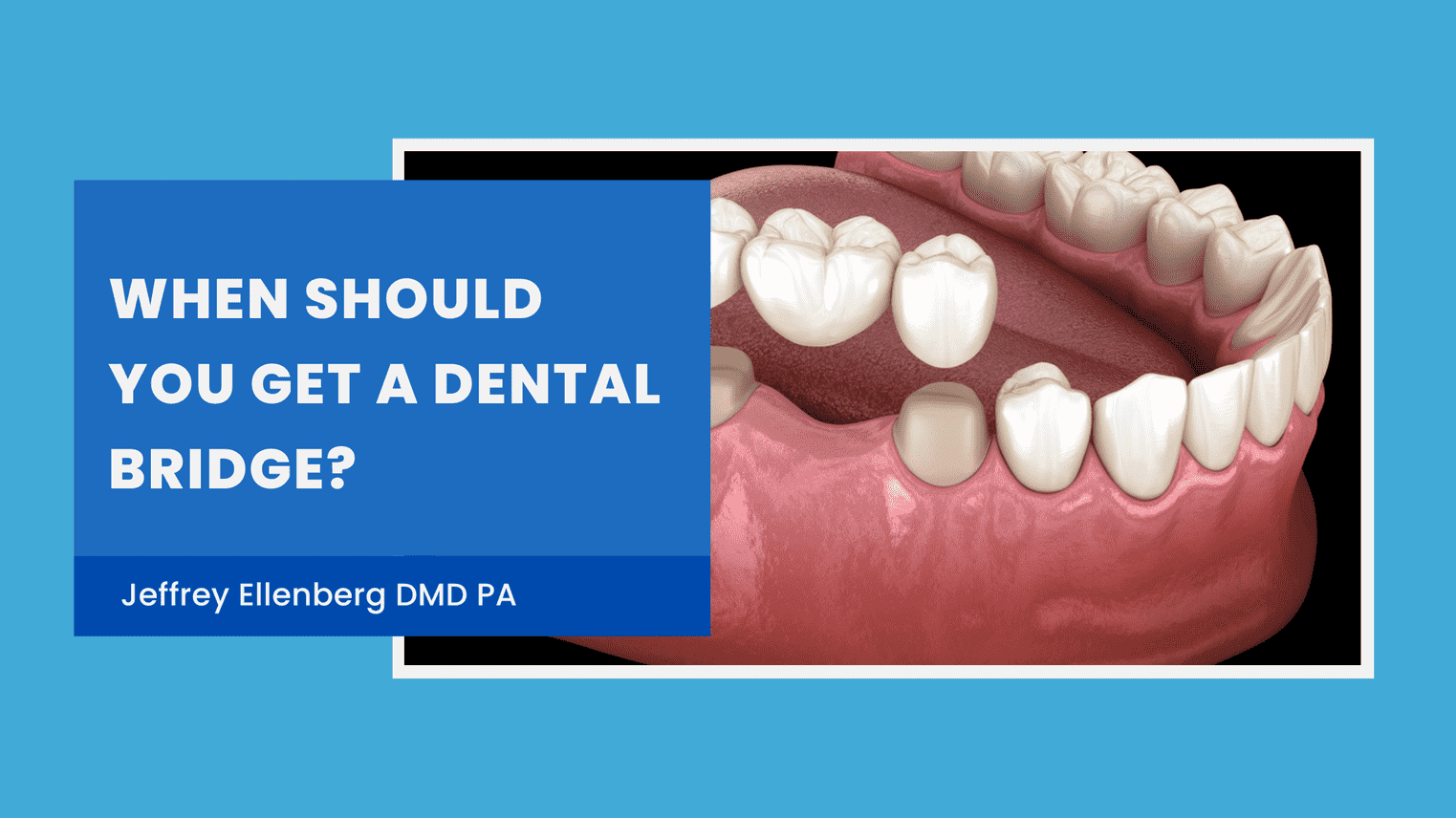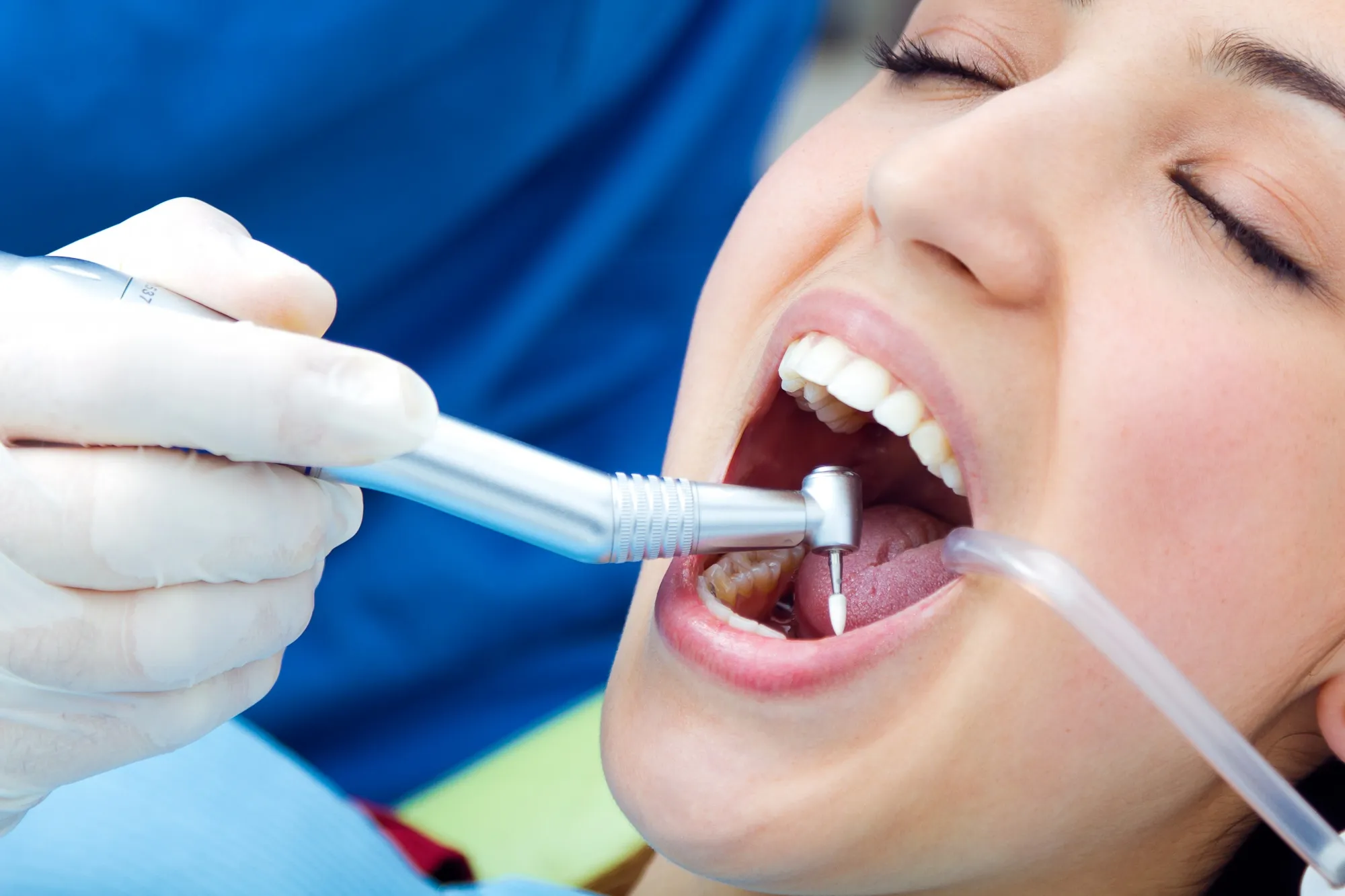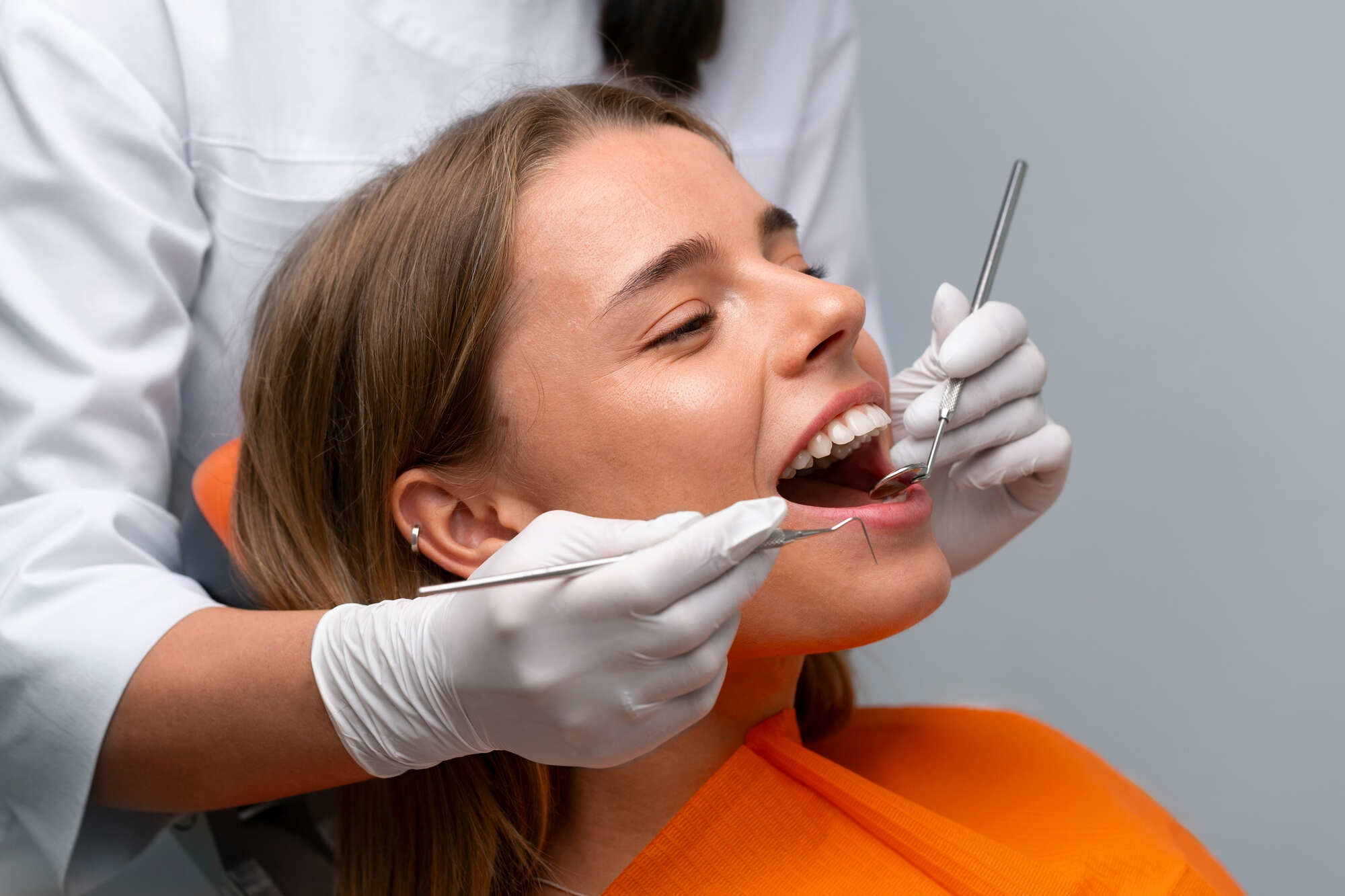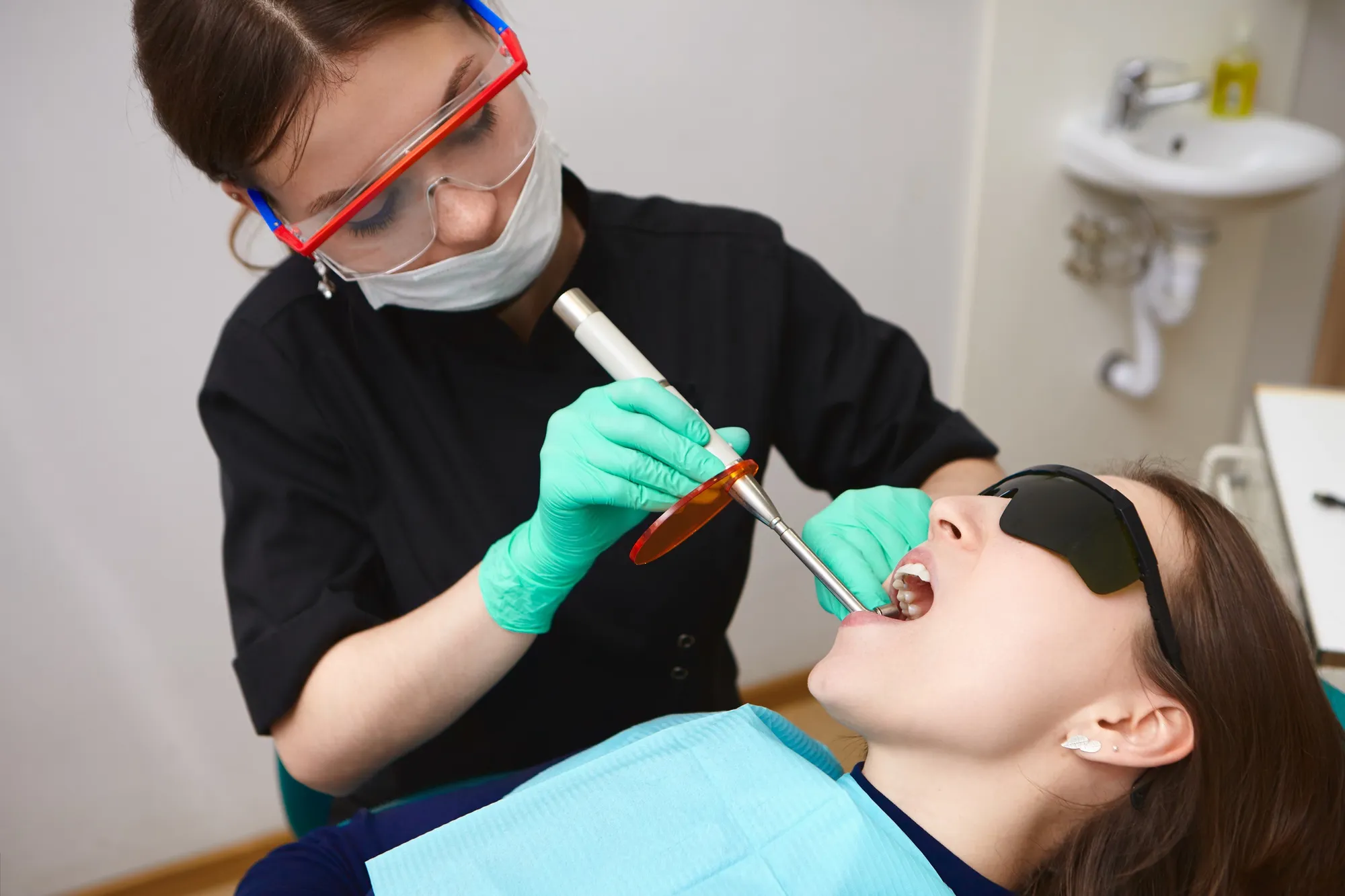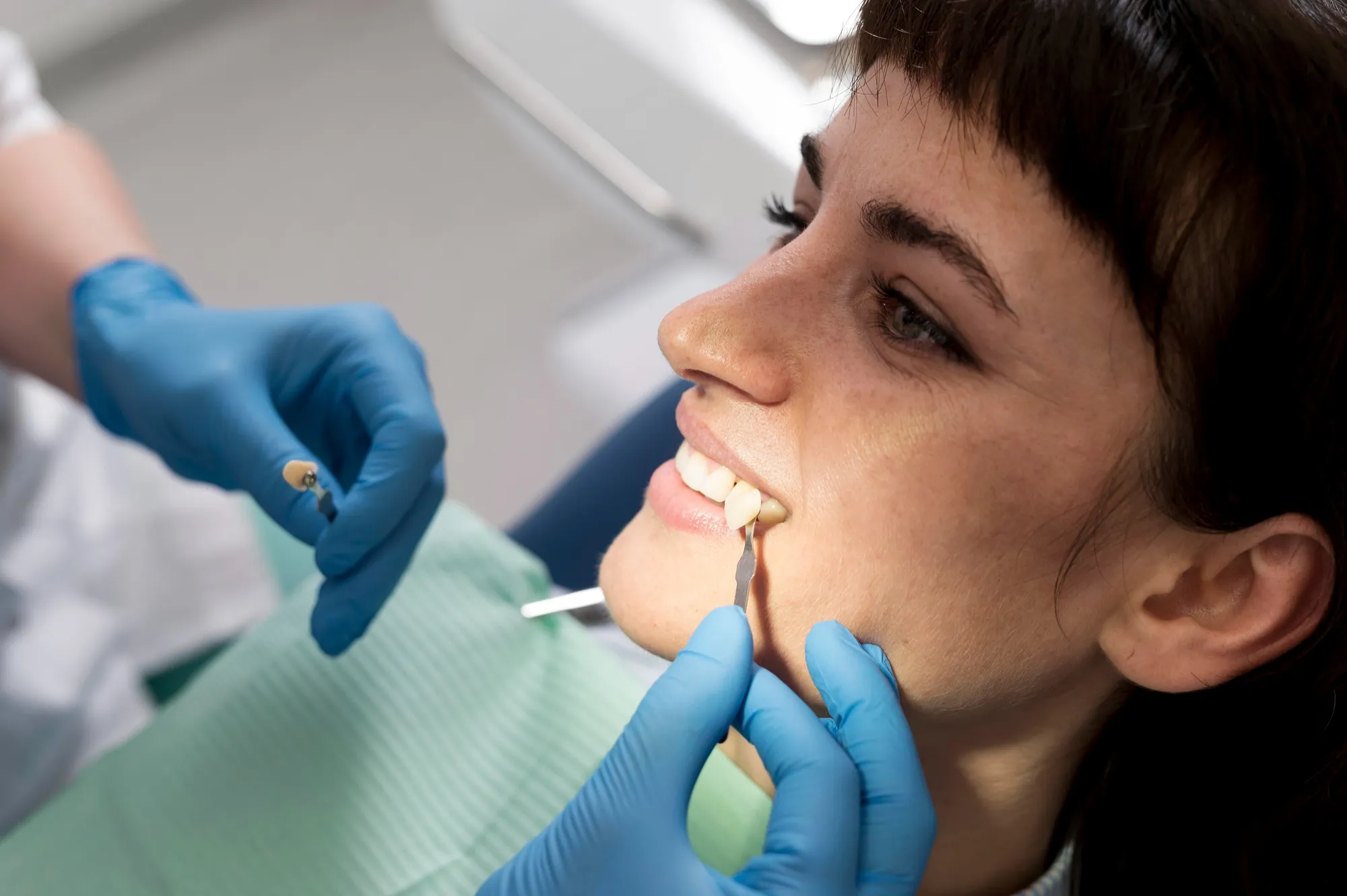Do you have gaps in your smile or trouble chewing? If you’re considering replacing missing teeth, dental bridges in Clearwater can help improve your chewing capacity, smile, and confidence. An understanding of the signs, benefits, and alternatives of dental bridges will increase your understanding to decide if a dental bridge is the best option for you.
What are Dental Bridges?
Dental bridges are devices to fill in gaps left by missing teeth. They “bridge” the space between your existing teeth or dental implants.
There are four types of dental bridges,
- Traditional Bridges: Crowns on the teeth next to the space hold the fake tooth in place.
- Cantilever Bridges: Like a traditional bridge, cantilever bridges are only anchored on one side, and are used when there is no tooth adjacent to the space.
- Maryland Bridges: The replacement tooth is attached to nearby teeth using a porcelain or metal framework.
- Implant-Supported Bridges: The bridge is anchored with implants that add more stability.
The right bridge depends on the gap’s location, your dental health, and your choice.
What Are the Signs You Might Need a Dental Bridge?
Signs you need a dental bridge include:
- Trouble chewing or biting certain foods.
- You see noticeable gaps in your teeth that affect the smile you want.
- You notice your teeth shifting into areas where there are no longer teeth, and your alignment is misaligned.
- Missing teeth cause speech changes or slurred words.
- Jaw pain or an uneven bite while chewing.
Seeing a dentist in Clearwater can help you know if a dental bridge is the right choice for you.
What are the Benefits of Getting a Dental Bridge?
- Bring back your natural smile and face shape.
- Make chewing easier and improve your bite.
- Avoiding movement of adjacent teeth.
- Improving speech, if affected by missing teeth.
- Strong and durable (if well cared for), they can last 10-15 years or more.
Are There Alternatives to Dental Bridges?
If a dental bridge doesn’t work for you, other choices include:
- Dental Implants: A long-lasting option that replaces missing teeth in your jaw.
- Partial Dentures: Removable teeth replacements for your missing teeth.
- Orthodontics: with braces or aligners, your surrounding teeth may be shifted to fill the openings left from the missing teeth.
A dentist near you can help you decide what may be the best treatment to fulfill your needs.
How to Care for a Dental Bridge?
Proper care will preserve the bridge for a longer time:
- Brush your teeth twice daily using a gentle toothbrush.
- Floss daily under the bridge with a floss threader.
- Visit your dentist every year to check your bridge and the teeth around it.
- Stay away from hard or sticky foods that can harm the bridge.
Maintaining good oral hygiene will promote the prevention of decay and gum disease in teeth supporting the bridge, leading to a bridge that will last longer.
Curious About How a Dental Bridge Can Improve Your Life?
Dental bridges are a reliable way to replace missing teeth. At Jeffrey Ellenberg DMD PA, we offer dental bridge treatments with care tailored just for you. Please book a consultation today to find the best solution for your smile.
FAQ
Does getting a dental bridge hurt?
Usually, dental bridges will feel pain-free, other than some soreness that should dissipate quickly after the procedure.
Can a bridge improve my speech?
Yes, making sure there are no gaps between your teeth can help restore normal speech and can prevent over-time slurring from missing teeth.
Are there risks associated with dental bridges?
Dental bridges carry the risk of decay on the supporting teeth if hygiene is poor; sensitivity from irritation to the gums, and the possibility of the bridge becoming loose over time.
Can I immediately have a bridge after tooth extraction?
In some cases, we can place a temporary dental bridge, but as your dentist in Clearwater, we will make sure you are healing correctly before we will make and install your permanent dental bridge.

